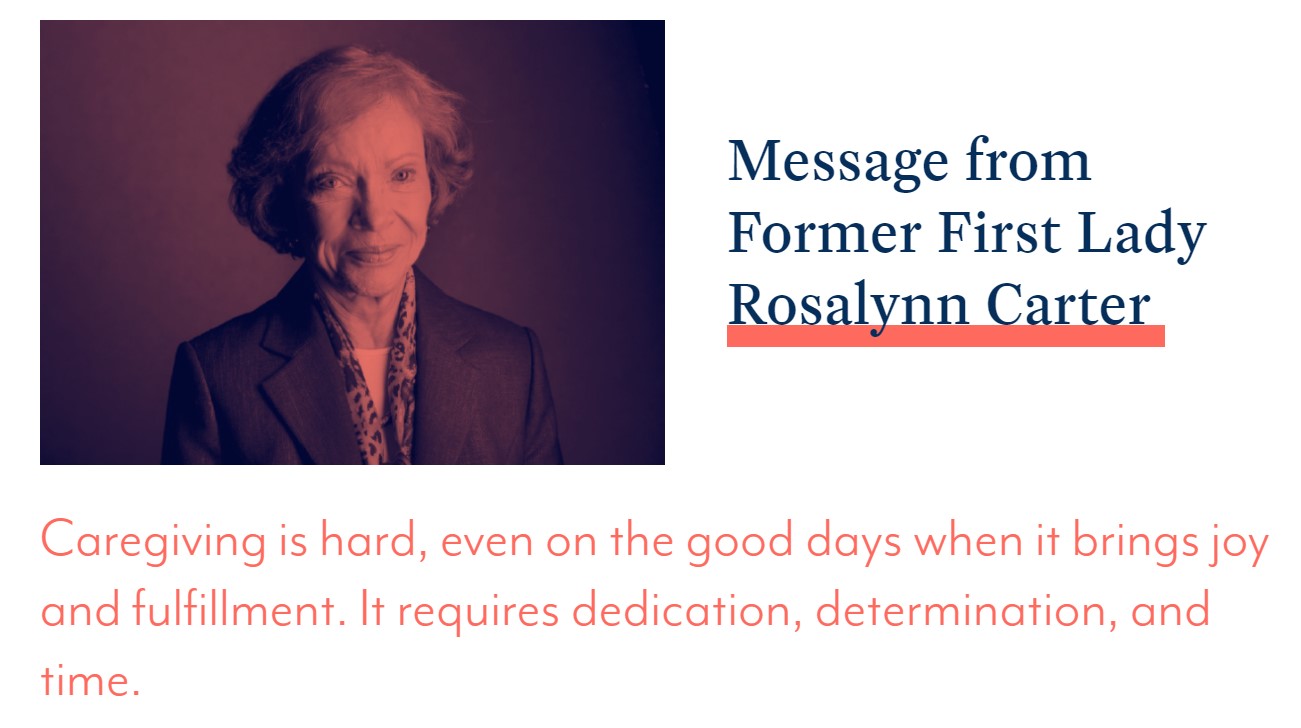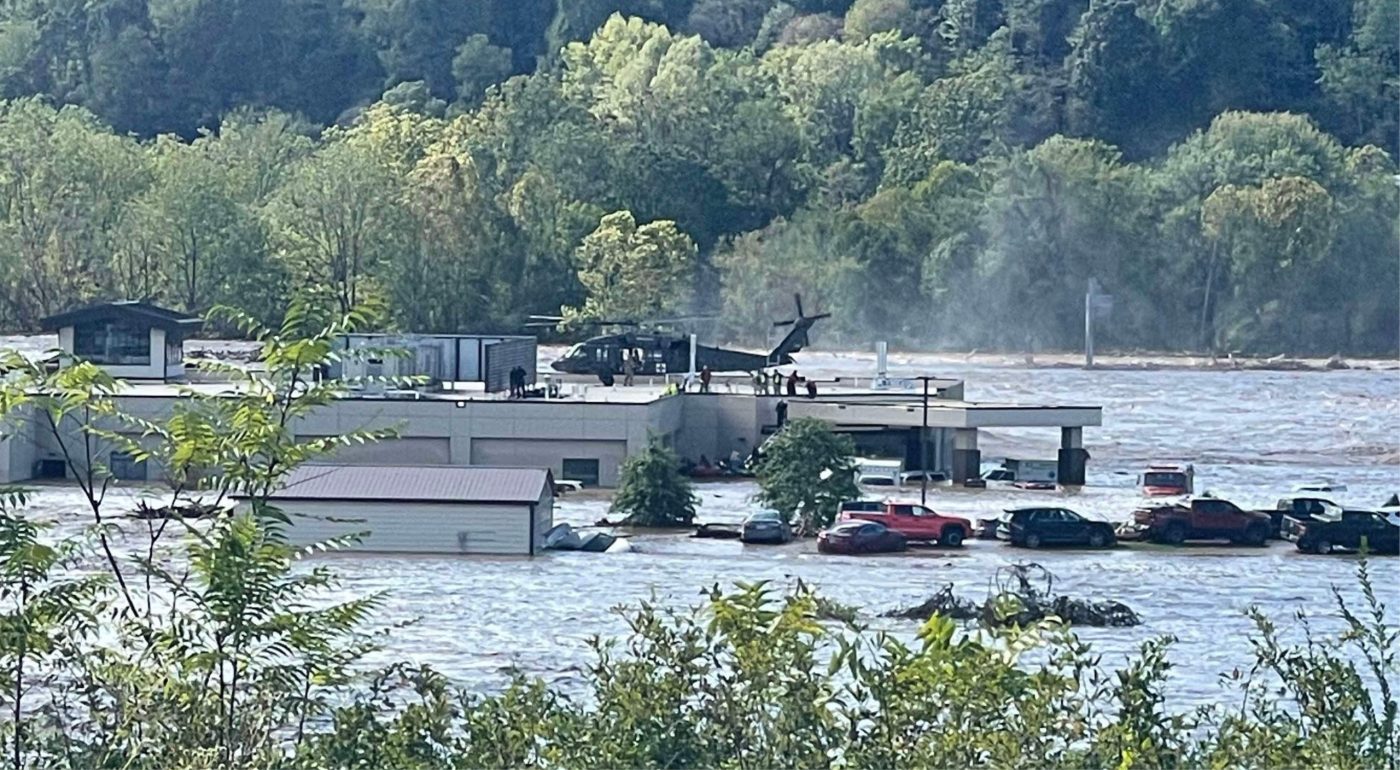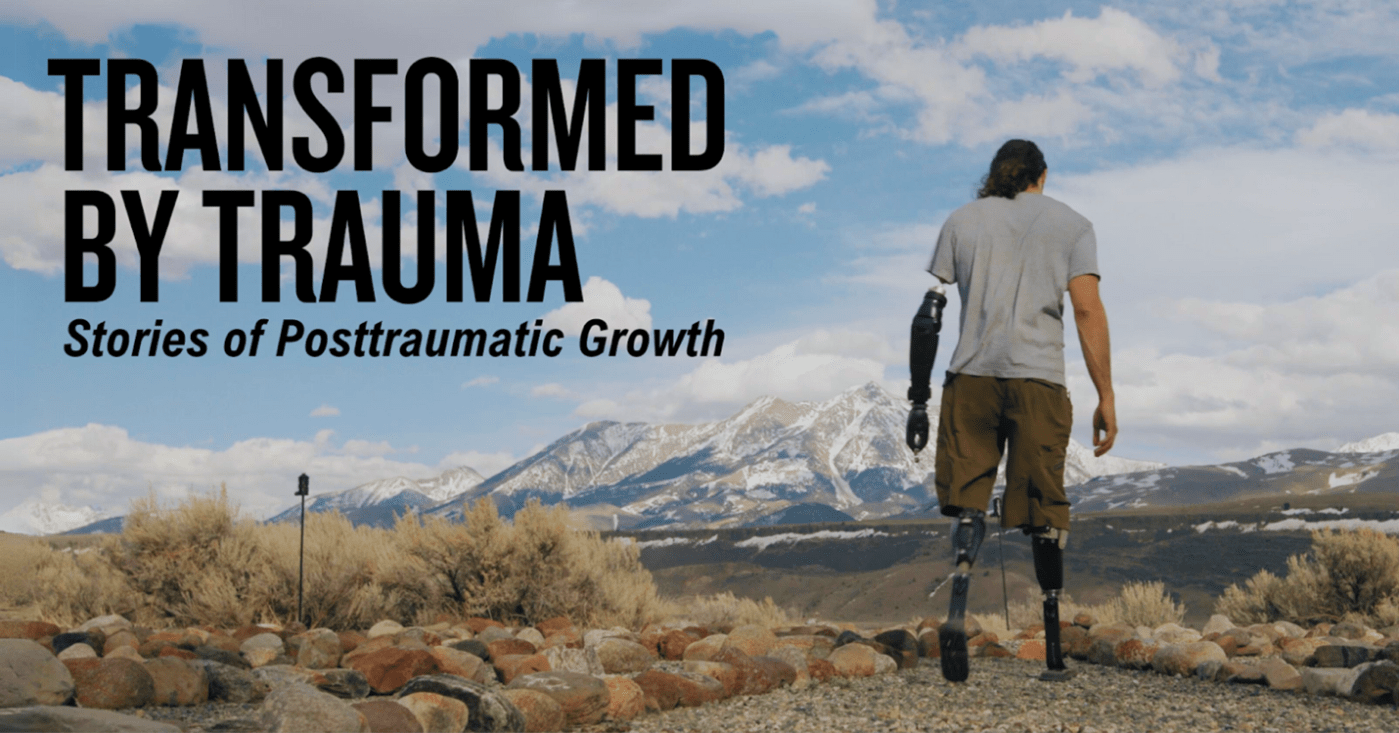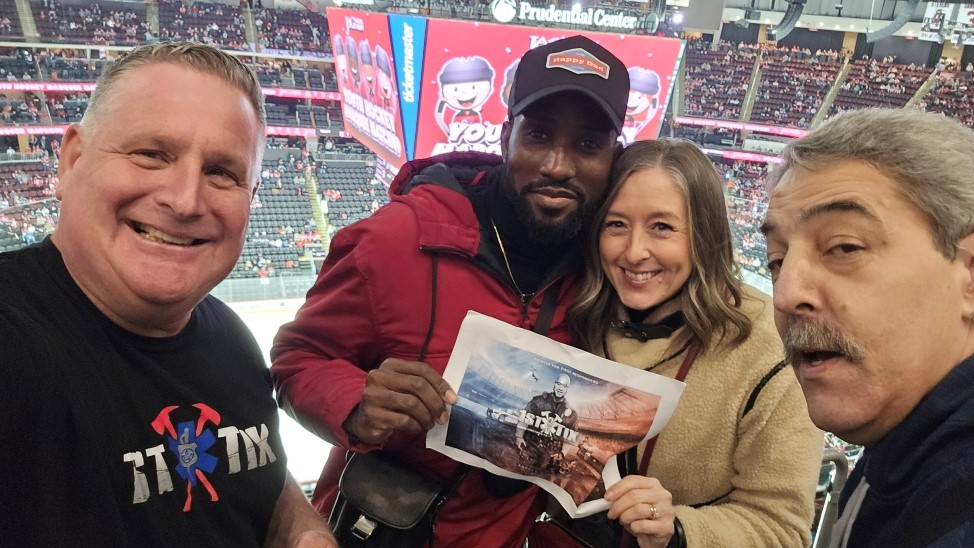There’s a saying often attributed to former President Franklin D. Roosevelt: “When you reach the end of your rope, tie a knot in it and hang on.”
In a year that found so many people reaching the end of their ropes, a program run by the Rosalynn Carter Institute for Caregivers (RCI) helped nearly 400 military caregivers tie a knot in their ropes.

OFC supports the “unsung heroes behind our heroes” – the friends and families of those injured as a result of military service.
Operation Family Caregiver (OFC) is RCI’s signature military caregiving program. Founded by former First Lady Rosalynn Carter in 1987, RCI provides coaching and support to caregivers of all types. In 2012, RCI launched OFC to support the “unsung heroes behind our heroes” – the friends and families of those injured as a result of military service. Specially-trained coaches deliver a one-on-one, personalized program by phone or video to help military families find their way back to strong.
The program is proven to work
Caregivers who have completed the eight-session program report fewer health complaints, less depression, and reduced anxiety for their children. They feel more prepared to take care of their families, and they develop new skills that make the difficult decisions they face feel more manageable and achievable, leading to improvements in their own lives.
These outcomes are critical, as the number of caregivers in the United States continue to rise. According to AARP and the National Alliance for Caregiving, there are an estimated 53 million caregivers in the United States, and a 2014 RAND study estimated 5.5 million military caregivers in the United States – a number that has surely risen as the Global War on Terror continues. Caregiver health and well-being is a public health challenge as extensive as tobacco use, obesity, and cancer – but it rarely receives the attention or investment it deserves.
A report from RCI this fall laid bare the long-term repercussions. Without robust strategies and systems to support America’s already-vulnerable informal caregiver community, the report states, the nation’s health, economy, and stability are at risk. Programs like Operation Family Caregiver are a start, but they need to be part of a broad and strategic effort to support caregivers.
“Just having that cheering squad behind me going, ‘You go girl, you got this, and let’s help try and strategize and problem solve,’ it really made me feel like I was on the right track and I wasn’t alone,” said Gina, who went through Operation Family Caregiver after her husband was medically retired from the Army in 2015 with post-traumatic stress disorder.
Registering for Operation Family Caregiver takes only a few minutes, and a coach will contact you within two business days, or you can visit the website to learn more about all of RCI’s programs.
The sharing of any non-VA information does not constitute an endorsement of products and services on part of the VA.
Jennifer Olsen is the chief executive officer of the Rosalynn Carter Institute for Caregivers.
Topics in this story
More Stories
During Hurricane Helene, the dedicated staff at Mountain Home VA provided crucial support and hope to those affected by the storm.
A powerful new documentary follows several Veterans and service members as they share their personal stories of transformation, hope and growth.
1st Tix distributes free event tickets to current and former first responders and their families.







I am the cartaker of my 84 yr old husband. Discharged from army 1960. He gas been diagnosis with PTSD and with prostate cancer that has metastasized in 2019.
He is not receiving any benefits. I don’t know what % he is invested.
Click ‘register’ in the last part of the article and you can write the group and inquire. Apparently there are also many veterans who are in the caregiver role already and in need of support aside from veterans who need a caregiver. I wrote to them from that perspective.
MY husband received his hearing aids from the VA but now he has lost the one for the right ear . How can we have it replaced?
I am a retired Navy Vet. I am a caregiver to my wife who has Parkinson Disease Disability. Do i qualify for the program.
My dad and myself are veterans. My dad is 99 years old and I’m his caregiving. I’m contacting you to see what if anything to do to help my situation. I’m dad was doing great until COVID. Being mostly home bound has taken a toll on him. He thinks he still has more then one dog. The other dog has been gone a year ago last thanksgiving, among other things. He is only 20% service connected so the VA is very limited in what can help with.
Please advise if there is anything you can do to help. We live in upstate NY.
Thank you
Judy
I am interested in finding out about your care giver program.
I’m an 83 year old disabled veteran. I gave up my driving priviledges a year ago due to sight problems (Macro degeneration) and hearing problems.
I’m at the point now where I can only walk about thirty feet or stand for 6-7 minutes without severe back pain. (Arthritis)..
I have problems dressing myself from the waist down. If I drop someting, my wife has to pick it up for me.
I was in the US Navy from 1955-1958. My disabilty rating comes from my hearing loss caused by working aroun pro-driven planes on aircraft carriers.
Is my wife (good health) eligible to serve as my care giver??
Sir–information on that program is at https://www.va.gov/family-member-benefits/comprehensive-assistance-for-family-caregivers/.
I am the vet as well as the caregiver for my wife who had a stroke in 1995 and is currently showing dementia in her mix of problems, do I qualify to join the program?